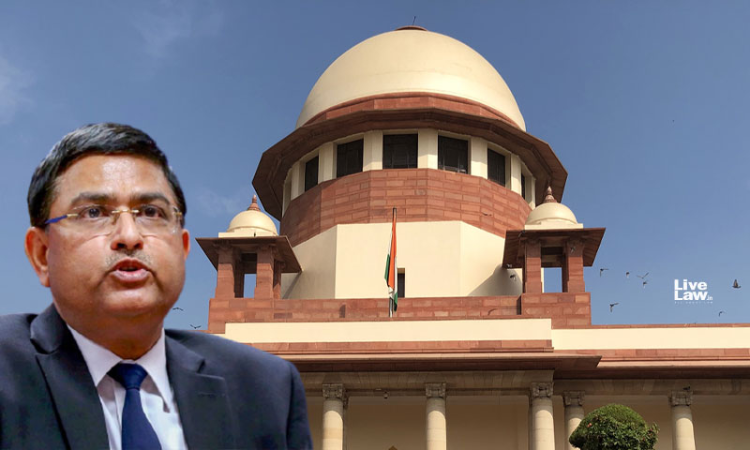The Supreme Court recently disposed of a challenge raised to the appointment of ex-Delhi Police Commissioner Rakesh Asthana, while leaving open the legal question as to whether the 2006 judgment in Prakash Singh v. Union of India shall apply to the appointment of Delhi Police Commissioners.A bench of Justices Surya Kant and N Kotiswar Singh passed the order, stating,"The only legal issue...

